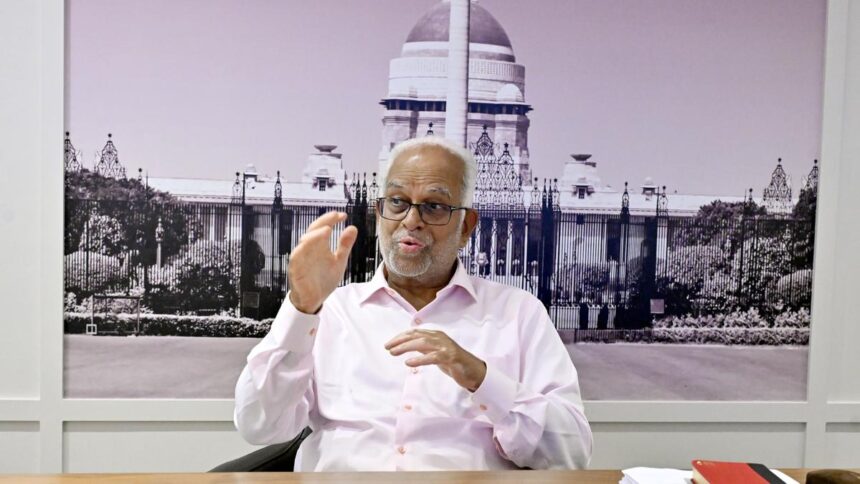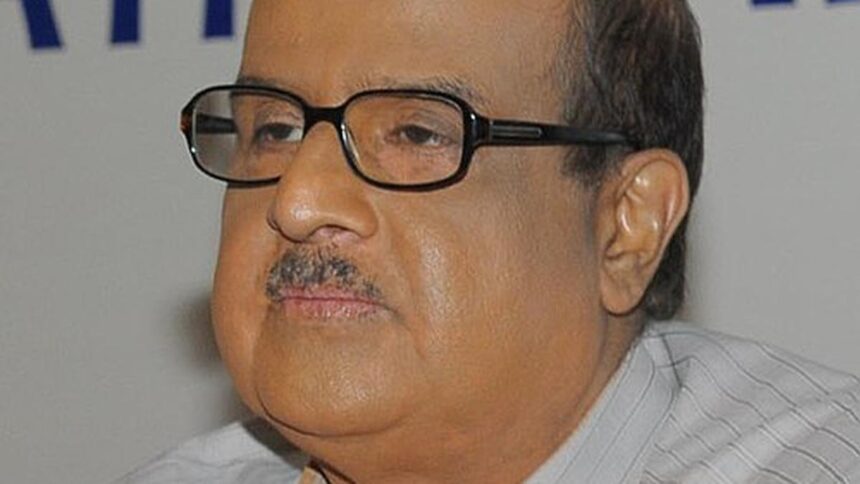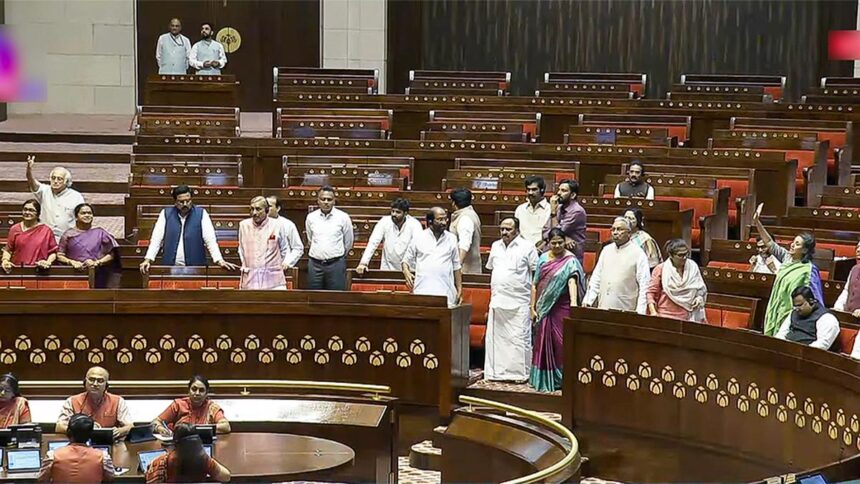The National Cooperative Policy, 2025, unveiled by Union Home and Cooperation Minister Amit Shah in July, has provoked a sharp response from Kerala, which has a rich tradition of incubating and sustaining cooperatives. Ever since the Bharatiya Janata Party (BJP) government created the Ministry of Cooperation under Mr. Shah in 2021, Kerala has been wary of what it describes as unwarranted and unconstitutional incursions into State territory.
The policy has opened a new battlefront in the protracted conflict between the CPI(M)-led Left Democratic Front government in Kerala and the Centre over cooperative federalism and the equitable sharing of financial resources. The Left government has consistently viewed actions by the Modi government with respect to the cooperative sector with deep suspicion. Kerala’s vast cooperative sector network enjoys grassroots public support, particularly among the rural population including farmers, and manages substantial financial wealth. The policy has added fuel to the allegation that it is merely a BJP ruse to wrest control of this network as part of the saffron party’s larger political objectives in Kerala.
Soon after the policy’s launch, V.N. Vasavan, the State Minister for Cooperation, had described it as “unconstitutional” and harmful to the interests of cooperatives. Although the National Cooperation Policy professes to adhere to the principles of cooperative federalism, the document ignores the constitutional edict that cooperative societies are a State subject under Entry 32 of the State List in the Seventh Schedule of the Constitution, he said. Kerala had similar concerns when the Centre sought to enact the Multi-State Cooperative Societies (Amendment) Act in 2023.
Organisations and employees’ unions in the cooperative sector have reacted sharply to the policy as well. At a recent convention, the Kerala Primary Agricultural Cooperative Society association passed a resolution denouncing the policy as a challenge to the concept of federalism. The Kerala Cooperative Employees Union termed it an “unconstitutional move” by the Centre to gain control over the sector and gift it to corporates. In pushing through with the policy, the BJP has its eye on deposits worth ₹2.94 lakh crore in the cooperative sector institutions of Kerala, the CITU-backed KCEU has alleged.
Kerala’s cooperatives date back to the early decades of the 20th century in Cochin, Travancore, and Malabar. After the formation of the State in 1956, the Travancore-Cochin Cooperative Societies Act of 1951 was succeeded by the Kerala Co-operative Societies Act, 1969. Cooperatives have come a long way since then, expanding their influence over all walks of life. Primary cooperatives serve as a major credit support system in the Kerala economy. They have considerable influence and financial heft.
A few years ago, the Kerala government amalgamated district-level cooperative banks with the Kerala State Cooperative Bank (Kerala Bank). This was done as part of a policy decision to convert the three-tier cooperative credit structure — comprising PACS, district cooperative banks and the State Cooperative Bank — into a two-tier system.
Incidentally, the Centre’s decisions with respect to the nation’s cooperative sector have come at a time when several cooperative banks and societies in Kerala have found themselves in serious trouble over allegations of embezzlement and non-refund of depositors’ money. Scam allegations related to the Karuvannur Service Cooperative Bank in Thrissur district, for instance, had put the CPI(M)-led State government on the defensive. With the credibility of the sector in jeopardy, the government overhauled the Kerala Cooperative Societies Act in 2023, introducing safeguards to plug loopholes and boost public confidence.
What the future holds for the policy and the tussle between the Centre and State remains to be seen. Nevertheless, Kerala’s cooperatives, for decades viewed as rural structures, are at a crossroads today. Accelerated urbanisation, changing employment aspirations among the youth, and the seismic shifts happening in sectors such as energy, shipping, science and technology, and health have opened up newer opportunities for their diversification and expansion. How they evolve and adapt to the changing scenario will have a crucial impact on Kerala’s economy.
Published – August 27, 2025 01:48 am IST






















